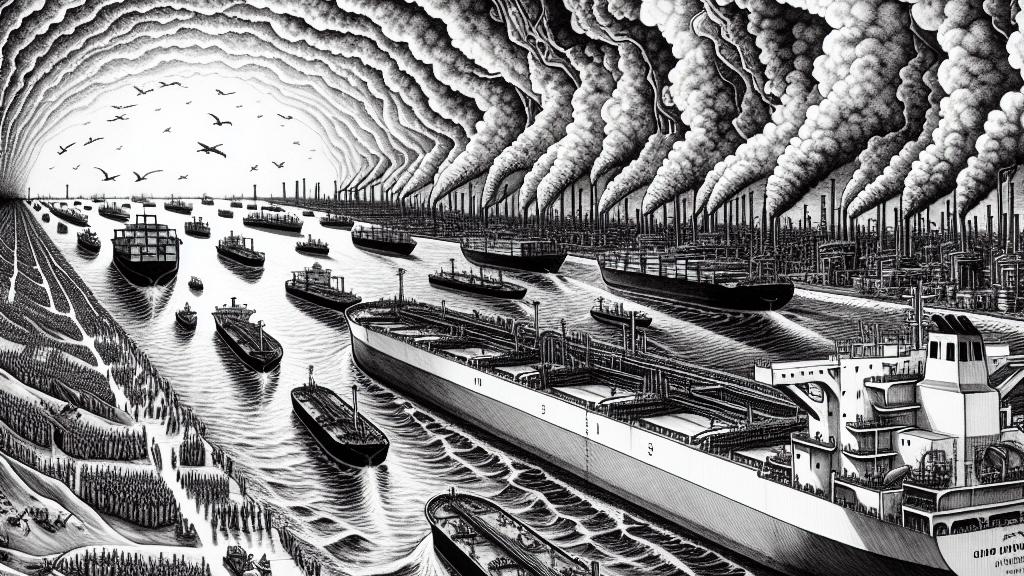Impact of Strait of Hormuz Disruption on Global Oil Markets
Overview
- The Strait of Hormuz is a vital corridor for global oil trade.
- Disruptions could cause oil prices to soar beyond $150 per barrel.
- Rising tensions between Iran and the U.S. intensify potential risks.

The Indispensable Strait of Hormuz
Located strategically between Iran and Oman, the Strait of Hormuz plays a monumental role in global oil shipping. Every day, around 21 million barrels of crude oil, accounting for nearly 21% of global supply, flow through this narrow passage. This significant corridor isn’t just important; it’s essential. Imagine the chaos that would ensue if shipping through the Strait were halted even temporarily! Analysts warn that we could see prices surge past the alarming $100 per barrel mark—an uptick that would send shockwaves through the global economy. This scenario exemplifies how closely linked our geopolitical landscape is with economic stability, as any interruption here can trigger a cascade of price hikes and logistical nightmares.
Geopolitical Tensions: A Dangerous Game
Today, rising tensions between Iran and the United States amplify the risks surrounding the Strait of Hormuz. In fact, a recent series of military maneuvers, alongside threats of possible blockades from Iran, have escalated the situation to a fever pitch. For instance, the U.S. has deployed naval forces to safeguard this critical route. Looking back, historical incidents—like the attacks on oil tankers during the Iran-Iraq War—serve as a stark reminder of the potential for conflict. If Iran were to engage in actions that hinder maritime traffic, we could quickly find ourselves in a precarious situation, where the very flow of oil, crucial for global economies, hangs in the balance. Thus, many in the energy sector view these tensions as a ticking time bomb, with disastrous repercussions if not deftly navigated.
Consequences of Oil Price Volatility
The prospect of disruptions in the Strait of Hormuz could lead to alarming surges in oil prices, potentially exceeding $150 per barrel, which would strike fear into the hearts of both consumers and businesses alike. Historical crises, such as the 1973 oil embargo, illustrate this unpredictable volatility effectively. If the Strait were to be closed for a prolonged period, we wouldn't just see skyrocketing fuel prices; we could face a full-blown economic recession. Such scenarios underscore the urgent need for collaborative international efforts to maintain the stability of this vital oil artery. Ensuring freedom of navigation within the Strait is not just about oil; it’s about securing economic stability for nations around the world.

Loading...